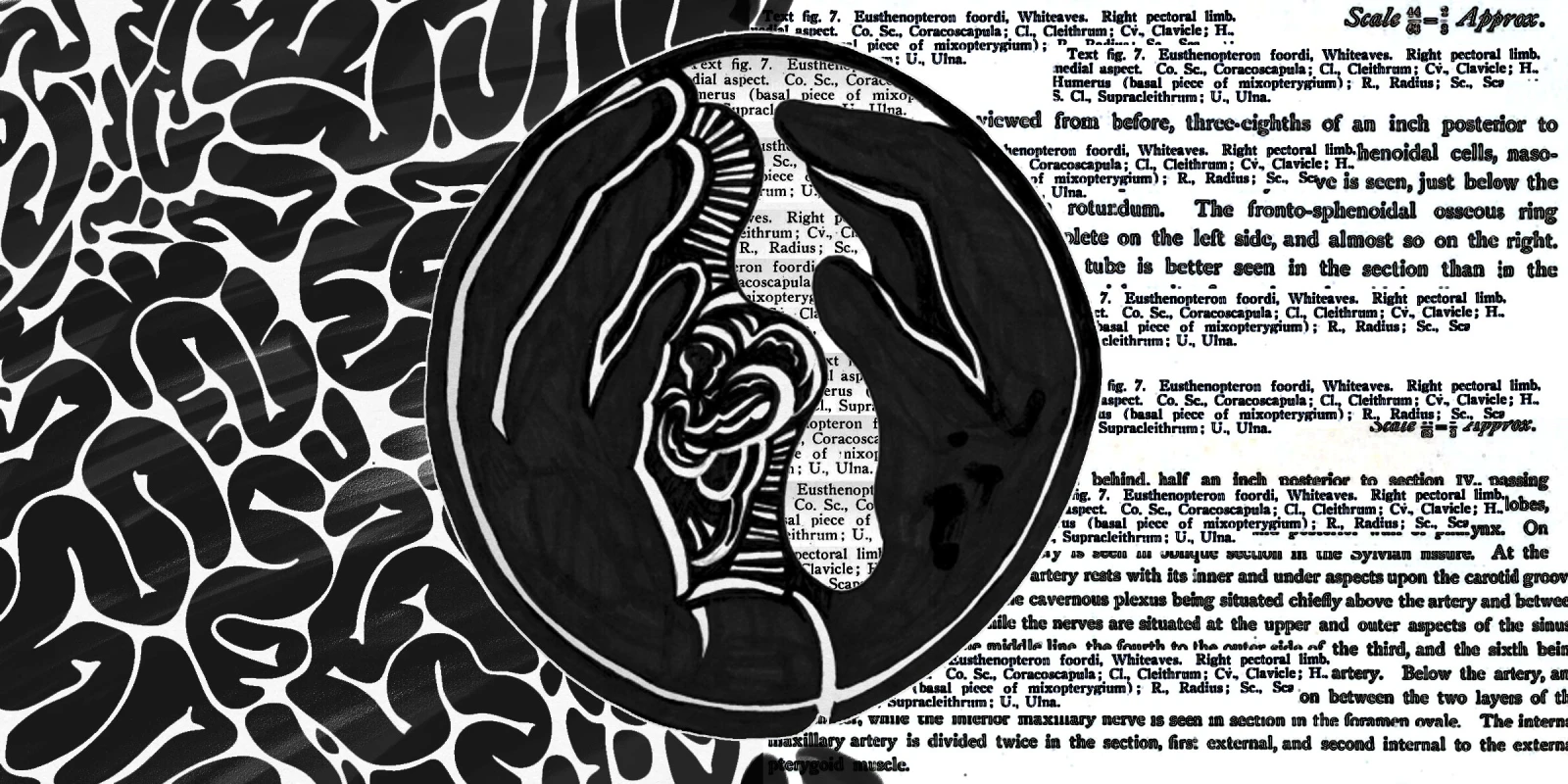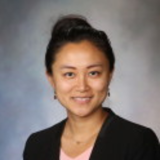The first time we met, I was standing on my tiptoes squinting through the thick glass. He was lying on his belly, his head turned away from me. Between us stood guard a column of beeping machines, a snaking cord of intravenous lines, and a door dividing the boundary between illness and health. It was not how I was used to meeting my patients.
He had been in the hospital for weeks, intubated and sedated with COVID-19 when we met. I was still trying to find the correct room numbers as a new intern. It was the first time either of us had spent time in the ICU. The difference, as Susan Sontag put it, was our citizenship — his passport to the kingdom of the sick had been stamped while I still held mine in the kingdom of the well.
We spent a month together. Every morning, I learned his body through numbers: reported the beats of his heart, quantified the breaths his lungs took, counted the amount of urine his kidneys produced. Some days, I saw pictures too, learning to trace faint white lines out to the edges of his ribs. Over time, I started to recognize patterns in how his body responded to movements and medications. I began to anticipate what it would do.
He was not there to introduce me to his wife, but we spoke everyday. I learned that she usually picked up after three rings, sensed eagerness mixed with reluctance when she answered, re-calibrated my tone to match her monosyllabic low cadence. When I stood across from her during one of the few times he almost died, I thought I knew her well enough to stand by her and bear witness to her tears. She dropped clues about him that I did not ask for. He had two children waiting at home. He had been the primary breadwinner. He had a large extended family.
The one part of him that remained a black box to me was his mind, locked underneath sedation. He could no longer sense most of the world around him, process it, or express himself. In trying to keep his lungs going, we had sealed his brain. It was the first time I could not use specific adjectives to describe someone I had spent so much time with. Even though I had met him, was I a stranger if he had never met me?
He died after my rotation ended, but he remained present in my mind as I spent the next few months trying to make sense of what happened. Like a teenager going through the angst of a quarter-life crisis, my professional coming-of-age seemed to be spent vacillating between walking miles until my mind was still and relentlessly dissecting what I could have done better in an effort to feel like he did not die meaninglessly. I was grieving his loss, but it was complicated because somewhere in there was a question of whether I was even allowed to grieve him.
I knew the biologic intricacies of his body more intimately than he had, but I had never truly known him as a person. There were days when I wanted to hear his voice, open his eyes, wake him up so he could tell his family what was important, but mostly I was afraid to find out more about him. I thought maybe the less I knew, the less it would hurt later. Instead I was left with more questions. If I could not eulogize him, how could I be sad? Was my mourning for him, or was it for my own sense of failure? How could I shed tears that should only belong to his family and friends, the people who knew him in the traditional sense of the word?
I have taken care of enough COVID-19 patients now to know that for many, I will never see them as the people they once were. I will only be able to imagine the unpainted blanks between the shapes their families outline for me. What I have also learned is that every single person is someone’s child, someone’s husband, someone’s mother. Even if I do not know the details of a life, I can know how he or she relates to others. After the end, when the body and soul are gone, is it not the pictures and stories nested in the mind of others that define how a person lives on? “Tell me who your loved one is outside this hospital” is a question I now choose to ask.
Despite all I did not know about him, I know that he was under my care and he mattered to me. He deserves my best, which sometimes includes grief that fully acknowledges the impact of one person on another, even if unknowingly. The last time I saw his wife, I was out of scrubs on my way out of the hospital, she on her way in to see him. We locked eyes and nodded, wordlessly, understandingly, like we had seen something familiar in each other.
What question do you ask your patients' families? Share in the comments how you learn more about those who can't share.
Joy Liu is an internal medicine resident in northern California interested in end-of-life care, global health, and public policy. She is a graduate of the Mayo Clinic Alix School of Medicine and Duke University. She is a 2021–2022 Doximity Op-Med Fellow.
All names and identifying information have been modified to protect patient privacy.
Illustration by Joy Liu and April Brust







